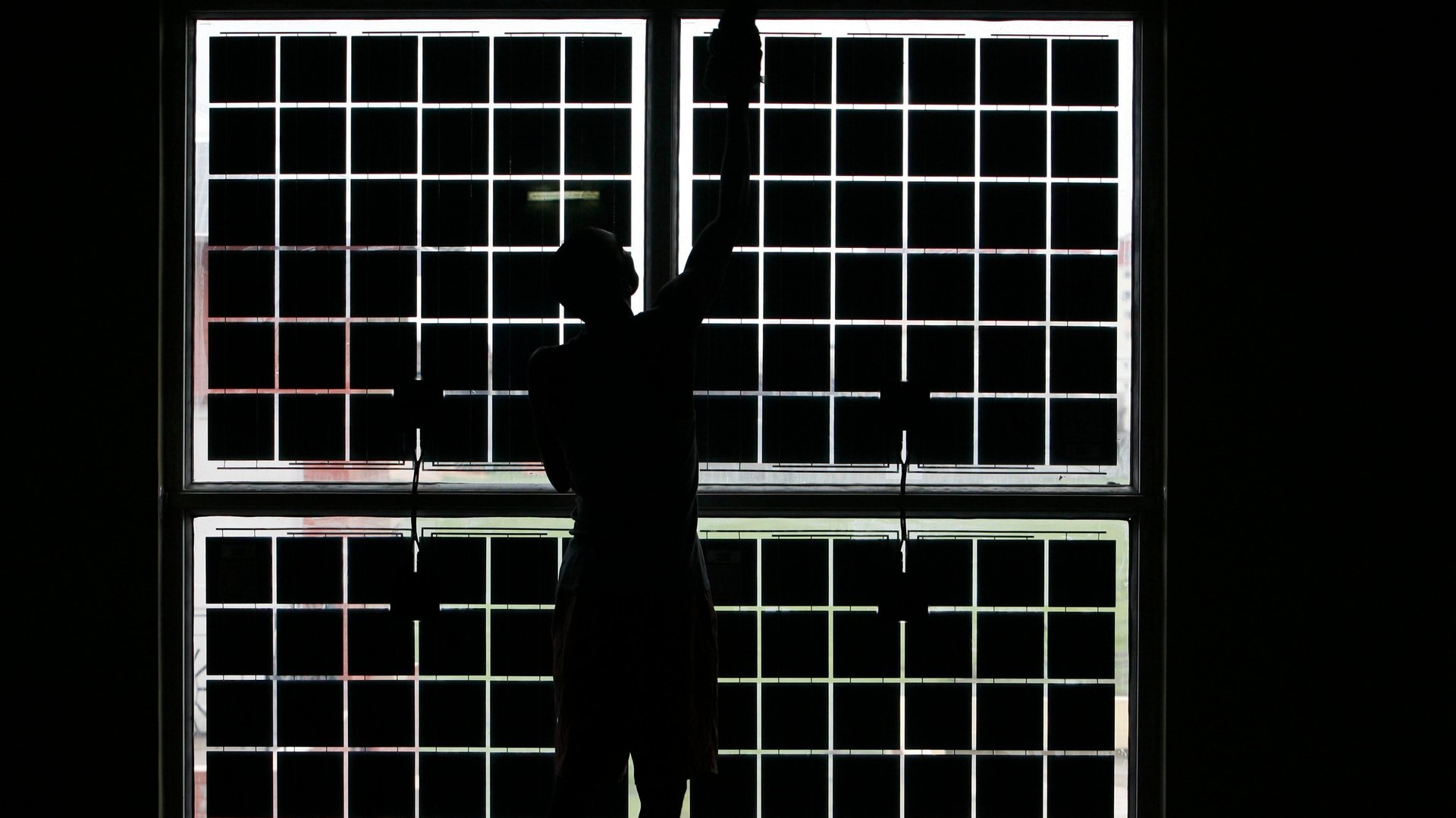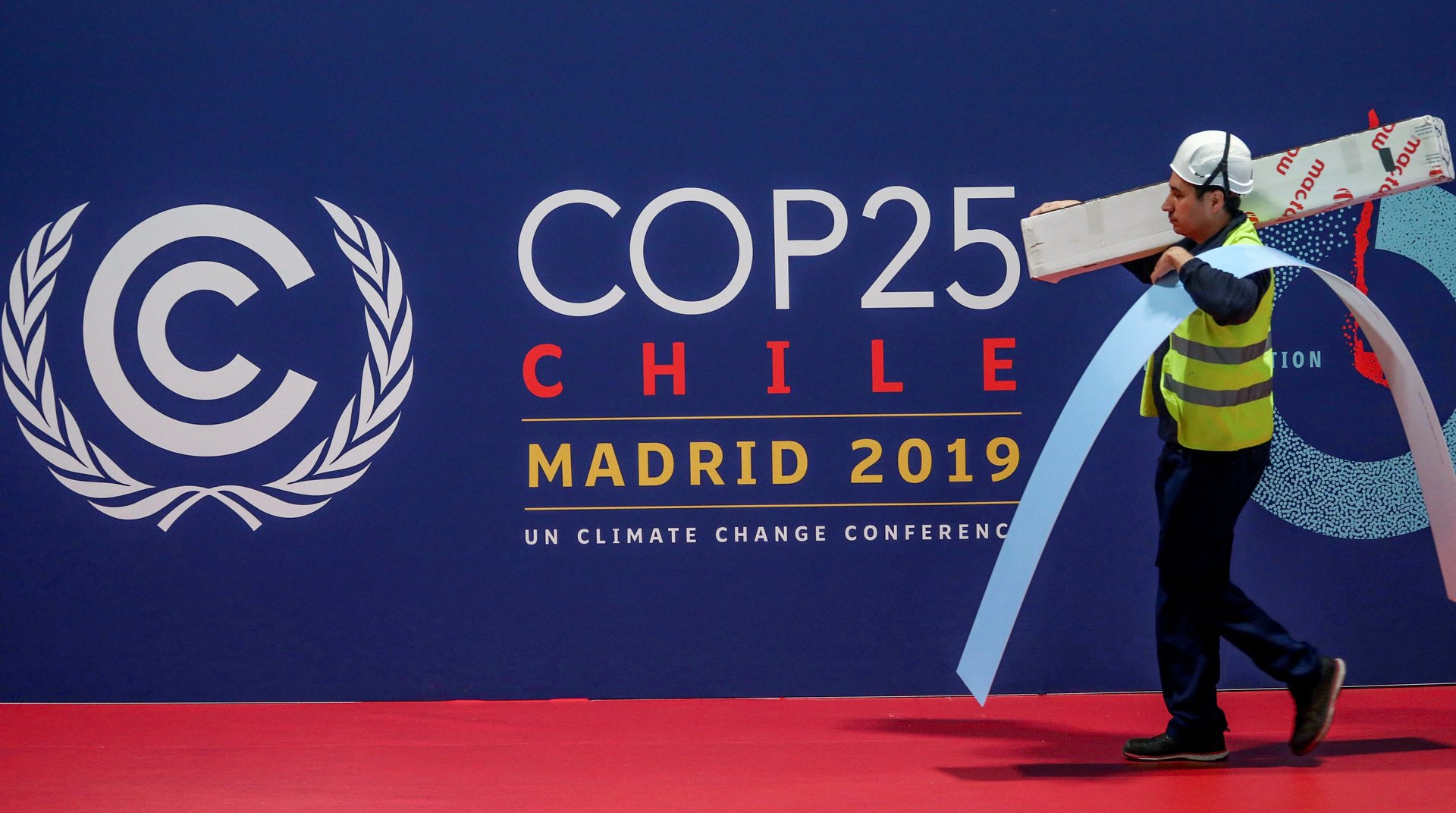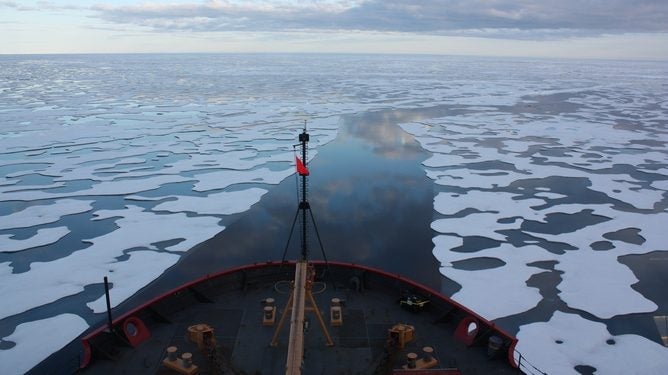The Race to Zero Emissions: Some personal news, COP25, Dark Waters
Some personal news: After nearly five years at Quartz, I’m moving jobs. I’ll be joining Bloomberg News in January, where I’ll continue to write about climate change and the solutions we need to cut emissions. My Quartz colleagues will produce next week’s edition of this newsletter, and you will hear from me in a new newsletter again soon!

Some personal news: After nearly five years at Quartz, I’m moving jobs. I’ll be joining Bloomberg News in January, where I’ll continue to write about climate change and the solutions we need to cut emissions. My Quartz colleagues will produce next week’s edition of this newsletter, and you will hear from me in a new newsletter again soon!
Back to business. Here’s what happened over the past week that helped or harmed the world’s chances of cutting greenhouse-gas emissions to zero.

Decreases emissions
1️⃣ Dutch company Lumos has won a bid to light up 1 million Nigerian homes with solar power and batteries by 2025. The company has outfitted more than 100,000 homes and will be supported in its scale-up by a World Bank grant.
2️⃣ France is pushing to introduce compulsory environmental reporting standards across the EU and define what counts as a “green” financial product. This comes at the same time that the EU is considering easing banking rules to spur more green investments. Reminder: It remains unclear what is a green or sustainable investment.
3️⃣ South Korea has said it will shut down a quarter of its coal power plants in the winter to cut air pollution. Related: India’s pollution regulator has warned that coal power plants will be closed unless they’ve installed scrubbers to cut out sulfur and particulate pollution. Read more about the future of coal in India in Quartz’s field guide.
4️⃣ The music band Massive Attack is working with the UK’s Tyndall Centre for Climate Change Research to find ways to cut emissions to zero when touring to play for fans. The week before that Coldplay said it won’t tour its newest album, Everyday Life, until its concerts are environmentally friendly.
5️⃣ If the EU’s offshore wind power projections are to be believed, wind developers think they might run out of unrestricted spaces in the North Sea.
Persistent as PFOA
For 20 years, lawyer Robert Bilott fought to expose one of the the greatest coverups in US corporate history. Bilott’s work revealed that the chemicals giant DuPont was aware of the risks of chemicals like PFOA, which is widely used as water and oil repellant in surface coatings. The chemical and its cousins persist and accumulate in humans for years, and are now linked to diseases like cancer. Despite the problems, Bilott showed that DuPont continued to put its company workers and the public at risk. That story has now been made into the movie “Dark Waters,” which is out in the US and will be released in the UK in January. The movie is based on excellent reporting in The Intercept, Huffington Post, and the New York Times.

Net-zero (for now)
1️⃣ COP25 starts in Madrid this week. Two main tasks: agree on rules to create a global carbon market and pressure laggard countries to set more ambitious climate goals.
2️⃣ Europe’s new space budget will create a network of satellites that can monitor carbon dioxide emissions across the globe.
3️⃣ Bank of England governor Mark Carney has been appointed as the UN envoy for climate action and finance.
4️⃣ “The progressive bloc set to rule Europe’s fifth-largest economy, Spain, has endorsed a Green New Deal but risks fueling a resurgent fascist movement,” according to the Huffington Post.
5️⃣ Former US secretary of state John Kerry has launched World War Zero, a new bipartisan group in the US, that hopes to conduct 10 million “climate conversations” with the goal of helping the US reach net-zero emission by 2050 or sooner.
All you want to know about Article 6
“A little-known and highly technical section of the Paris Agreement could ‘make or break’ the regime—and its aim of avoiding dangerous climate change,” writes Simon Evans and Josh Gabbatis for Carbon Brief in an in-depth explainer on Article 6. “These Article 6 rules, for carbon markets and other forms of international cooperation, are the last piece of the Paris regime to be resolved, after the rest of its rulebook was agreed in late 2018.”

🔼 Increases emissions
1️⃣ Russia aims to boost its coal exports to India six-fold by 2025, to 28 million metric tons annually. It might even use an Arctic sea route to move that coal.
2️⃣ In September, for the first time in 70 years, the US became a net exporter of oil. One analyst told Bloomberg: By 2030 total US energy production will outpace primary energy demand by about 30%.
3️⃣ Large investors are increasingly relying on passive funds, which automatically invest in a certain set of stocks. This trend helps cut on fees and provide steady returns, but it is also stopping endowments like Harvard’s and Yale’s from investing in more climate-friendly stocks.
4️⃣ Forest fire emissions from Indonesia are worse than those from the Amazon. Related: The Amazon fire got so bad this year that even Brazil’s Jair Bolsonaro now thinks something should be done.
5️⃣In its Emissions Gap report, the United Nations warned that the world’s chances to keep global warming 1.5°C are now quite slim.
Stats to remember
As of Dec. 1, the concentration of carbon dioxide in the atmosphere was 410.92 ppm. A year ago, the level was 408.17 ppm.
Have a great week ahead. Please send feedback and tips to [email protected].